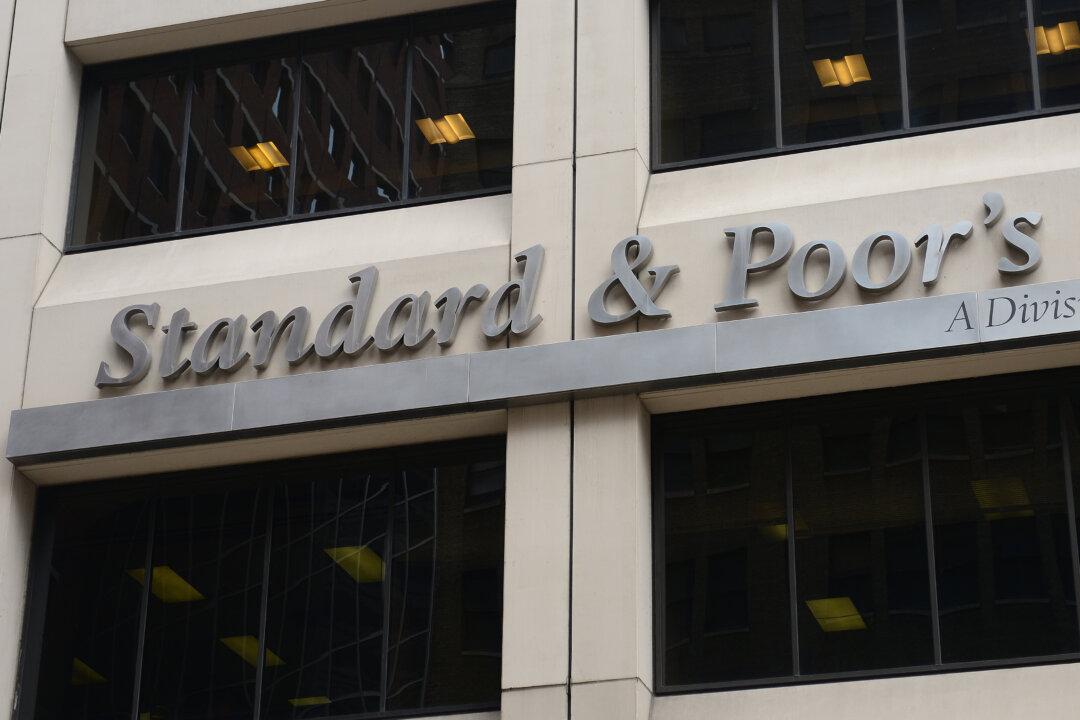Australia has kept its triple-A credit rating and is expected to lower its budget deficit considerably as the country wraps up stimulus measures and its economy recovers from the COVID-19 downturn, according to U.S. credit rating agency, S&P.
The global authority in credit rating had anticipated that Australia would experience economic growth in the December quarter as state governments lifted restrictions in line with the growing vaccination rate, and after the 2021 lockdowns ended.





